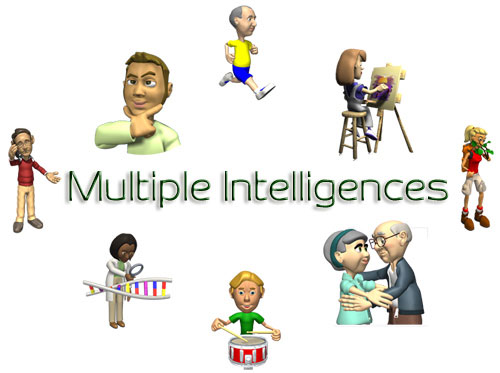 Interpersonal Intelligence
Interpersonal Intelligence
In Frames of Mind, Gardner (1993) says the core capacity of the Interpersonal intelligence is the ability to notice and make distinctions among other individuals and, in particular, among their moods, temperaments, motivations, and intentions. In the most advanced form, interpersonal knowledge permits a skilled adult to read the intentions and desires—even when these have been hidden—of many other individuals. This includes the potential to act upon this knowledge—for example, by influencing a group of disparate individuals to behave along desired lines. We see highly developed forms of interpersonal intelligence in political and religious leaders, parents, teachers, and individuals enrolled in the helping professions (therapists, counselors).
- Socializer: They like to interact in social situations.
- Interactive: Their communication is reciprocal; it involves give and take among themselves and others.
- Mediator: They are good at working things out between people.
- Active Listener: They pay close attention when listening.
- Considers Consequences: They think of the impact their actions may have before acting.
- Anticipate Behaviors: They are good at second guessing what a person will do under certain circumstances.
- Adapt Behaviors: Make personal responses to fit a situation or a person's needs.
- Opinion Influencer: Their opinions are valued by others.
- Cooperative Team Player: They know how to be team players and work with others.
- Know Where Others are Coming From: They can put themselves in others' shoes and know what they would be thinking or feeling.
- Communicator: Relate well to others and have the capacity to articulate ideas well.
- Empathizer: They naturally empathize with the feelings and position of others.

